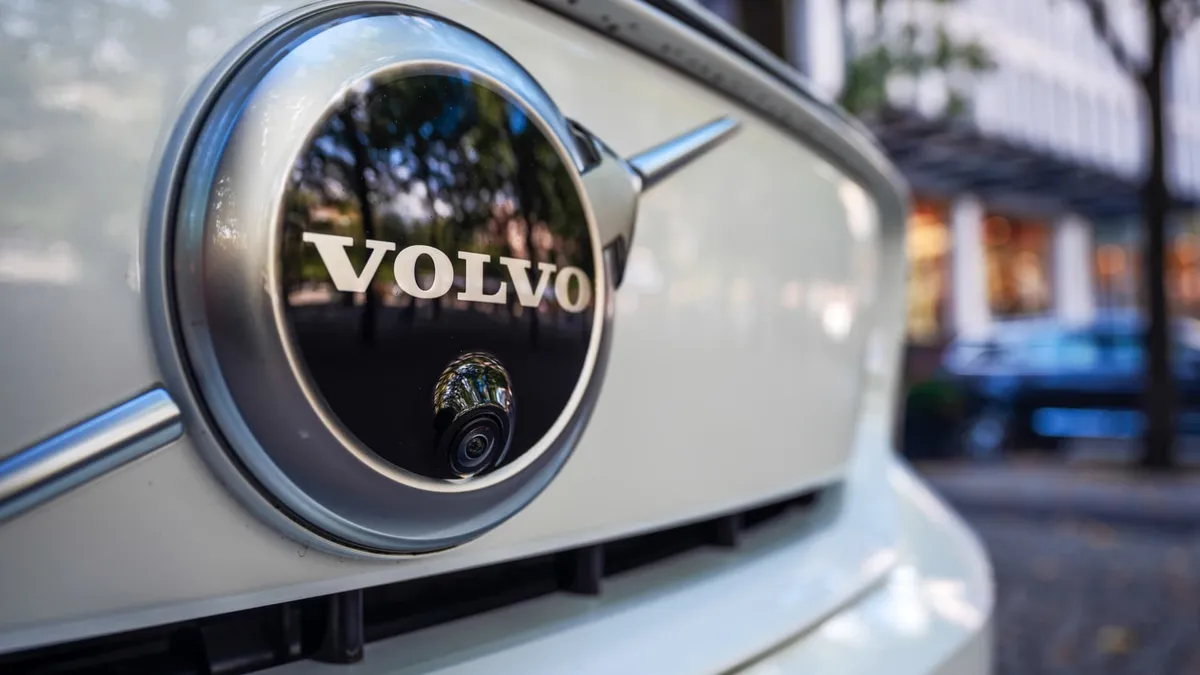
On Monday, Volvo Cars, the renowned automaker based in Sweden, revealed plans to eliminate approximately 3,000 jobs as part of a comprehensive cost-cutting initiative. This announcement follows the company's recent declaration of an 18 billion Swedish kronor (equivalent to $1.89 billion) cost and cash action plan, which was introduced late last month. The decision to reduce the workforce primarily affects office-based positions in Sweden, accounting for around 15% of the firm’s total office workforce.
Håkan Samuelsson, the president and CEO of Volvo Cars, acknowledged the difficulty of these decisions but emphasized their importance for the future of the company. “The actions announced today have been difficult decisions, but they are important steps as we build a stronger and even more resilient Volvo Cars,” Samuelsson stated. He highlighted the challenges currently faced by the automotive industry, asserting that improving cash flow generation and structurally lowering costs are essential for the company's survival.
As part of the job cuts, Volvo Cars plans to reduce around 1,000 consultant positions, predominantly in Sweden, as well as approximately 1,200 employees within Sweden and the remaining cuts affecting other global markets. Following the launch of the action plan on April 29, the company mentioned that it would also reduce investments and implement further redundancies across its global operations.
In light of these cost-cutting measures, Volvo Cars has retracted its financial guidance for both 2025 and 2026, pointing to the significant pressures exerted by trade tariffs on the automotive sector. The uncertainty surrounding trade tariffs poses a substantial threat to the car industry, particularly due to the high level of globalization in supply chains and the company's reliance on manufacturing operations, especially in North America.
Recently, U.S. President Donald Trump threatened to impose 50% tariffs on imports from the European Union starting in June, which led to a sharp decline in Europe’s auto index. However, Trump has since moderated his stance, announcing that the implementation of these tariffs will be delayed until July 9, after discussions with EU Commission President Ursula von der Leyen. Currently, the EU is already facing 25% U.S. import tariffs on automobiles, steel, and aluminum, along with 10% reciprocal tariffs on most other goods.
Despite the challenging circumstances, Volvo Cars reaffirmed its commitment to its long-term strategy, stating that the measures taken are crucial for achieving their goals. The company aims to lead the transition to electric vehicles (EVs) and recently revised its near-term goal of exclusively selling EVs, citing the necessity to remain pragmatic and adaptable in response to shifting market conditions and declining demand.